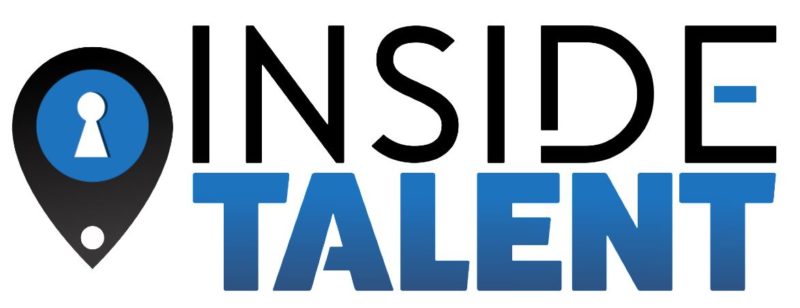According to Jobvite’s 2019 benchmark report, job candidates are less willing to change jobs than ever. In 2018, the average number of candidates per open requisition was the lowest ever, at just 29 (down from 36 in 2017 and 52 in 2016). This might seem counter-intuitive to the job-hopping free-for-all stories we’ve told ourselves over the last few years of this growth market.
The reality is, although employers often receive a plethora of applications for many job requisitions, many highly skilled and niche positions are still a struggle to fill. And as organizations attempt to flatten, yet still grow, more middle managers are created. I have a theory that these managers, who often find themselves in a position where they, themselves, need to hire for difficult roles, are ill-equipped to do so.
Managers end up managing because they were good at their old jobs, which often were individual contributor roles, not because they are particularly good managers. The hope is that a high percentage of new managers will be naturally good at managing. It would be some pretty sweet icing for those in recruiting and talent acquisition roles if those managers also turn out to be good at hiring. But since most organizations don’t give new managers much training in either managing or hiring, the odds are probably on the low side.
I posited this theory a group of recruiting experts at the recent LAX TechRecruit conference in Los Angeles. You can listen to the conversations I had with Lou Adler, Dean Da Costa, Alan Fluhrer, and Amy Miller. We debated whether good leaders are born or taught (or both). We asked if “hiring managers” are even a real thing. And we discussed how best to help managers by being good partners in recruiting.
View the experts top tips for managing your relationship with hiring managers here: https://insidetalent.org/5-expert-tips-for-hiring-managers/

